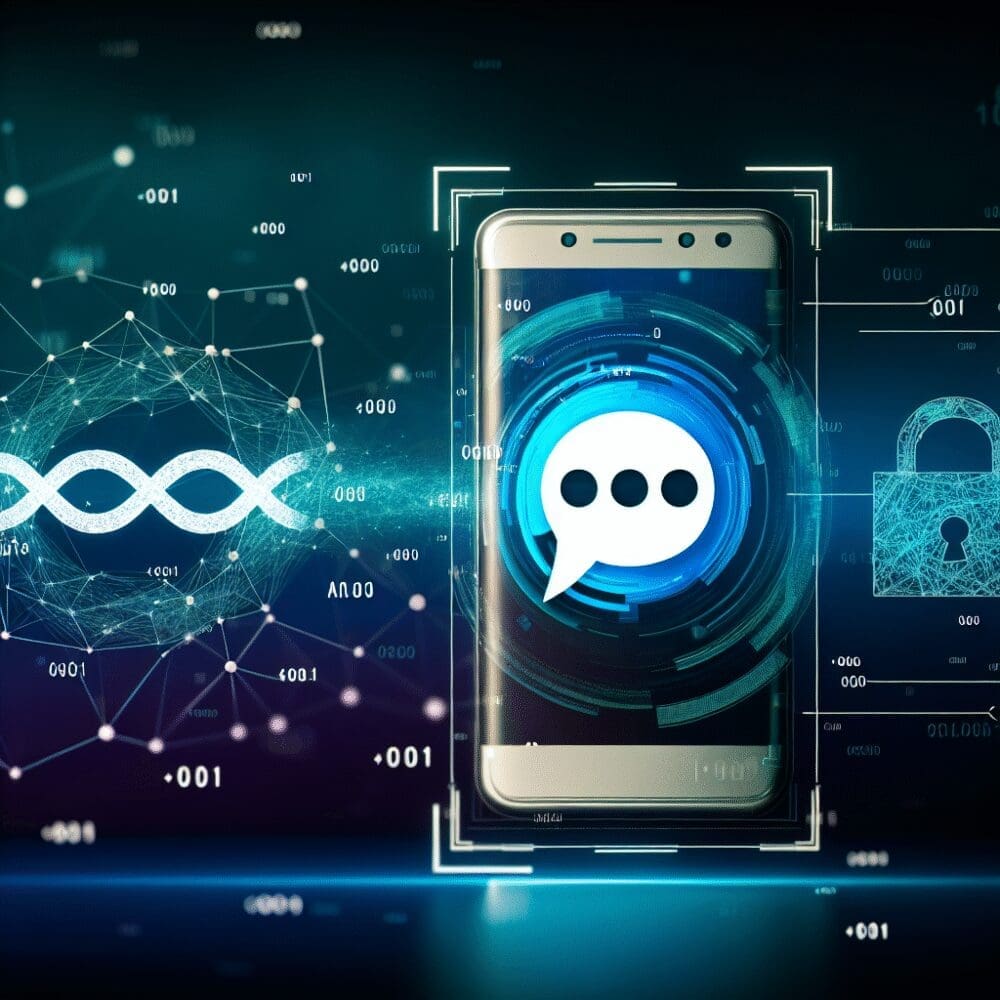“`html
WhatsApp vs Signal: Weighing Privacy, Security, and User Experience
In the realm of instant messaging, WhatsApp and Signal stand as two prominent contenders. While both platforms prioritize encrypted communication, they differ in their approach to privacy, security, and user experience. This article aims to explore these differences in detail, offering insights to help users make an informed decision about which app best suits their needs.
Privacy
Privacy is a major concern for most users when choosing a messaging app. Both WhatsApp and Signal are revered for their encryption techniques, but there are distinctive differences in how they handle user data.
WhatsApp’s Privacy Approach
- WhatsApp uses end-to-end encryption, ensuring only the sender and receiver can read messages. This means even WhatsApp cannot access the contents of your communication.
- Despite its encryption, WhatsApp collects a significant amount of metadata. This includes information about users’ contacts, the time of messages sent and received, and how often the app is used.
- The company shares data with its parent company, Facebook, raising concerns over user data being used for advertising purposes.
Signal’s Privacy Commitment
- Signal also uses end-to-end encryption for all communications, but it takes a more minimalist approach to data collection.
- This app collects minimal metadata with no access to user communications, only storing essential details like account registration date.
- Signal is supported through donations and not linked to a larger tech ecosystem that could use or sell user data.
Security
Upon examining the security features, both apps offer robust security protocols, though Signal is often commended for its additional efforts.
WhatsApp’s Security Features
- Besides end-to-end encryption, WhatsApp incorporates two-step verification to add an extra layer of security.
- It features encrypted backups, though recent vulnerabilities have been spotted in how backup data is stored on the cloud.
- WhatsApp regularly updates its security to address vulnerabilities, although some threats take time to be resolved, exposing users temporarily.
Signal’s Security Measures
- Signal employs a similar encryption protocol to WhatsApp but enhances it with support for encrypted group calls and disappearing messages.
- The app doesn’t store message content on servers once delivered, keeping data protection a priority.
- With features like cryptographic techniques for data transfer, Signal aims to deliver the highest levels of security.
User Experience
While both apps seek to provide a seamless user experience, there are nuances in their interfaces and functionalities that may sway user preference differently.
WhatsApp’s User Experience
- Mass Adoption: WhatsApp has a wide user base worldwide, making it easy to connect with friends and family.
- The app is lauded for its intuitive interface, offering features such as voice and video calls, statuses, and the ability to form groups and broadcast lists.
- WhatsApp’s integration with other Facebook products offers cross-platform functionality that enhances user connectivity.
Signal’s User Experience
- Signal provides a clean, straightforward interface which is largely appreciated by users looking for simplicity with high security.
- Its commitment to open-source development fosters trust and encourages continuous improvements and transparency.
- Although less integrated compared to WhatsApp, Signal’s video and voice calls maintain clarity and security, attracting users valuing these aspects over large-scale networking.
Conclusion: Which is Right for You?
The decision between WhatsApp and Signal ultimately boils down to personal preference and priorities. If widespread availability and multifaceted communication abilities are key, WhatsApp might be a natural choice. On the other hand, if maximum privacy and security with a no-fuss interface takes precedence, Signal stands out.
WhatsApp offers an all-rounded messaging platform that fortifies basic security needs, enriched with functions and vast user access. Signal, meanwhile, is preferred by those who prioritize privacy above all else, willing to sacrifice additional features for a more secluded communication environment.
In conclusion, both apps have their strengths and cater to different needs. Evaluating what each offers against what you seek in a messaging app will guide you to the right choice for secure, private, and enjoyable communication.
“`



